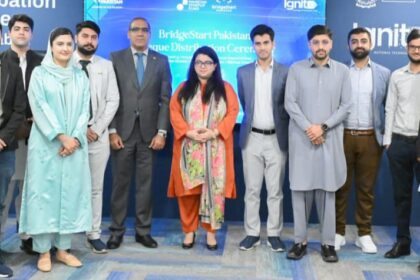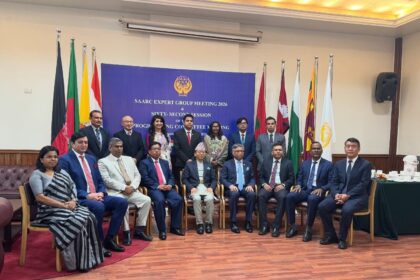Tolerance, Patience, Understanding, and Selfhood — The Secret of National Progress
By: Zaheer Ahmad Awan
Introduction
History bears witness that the nations which adopted tolerance, patience, forbearance, adherence to law,
understanding, and selfhood as their guiding principles rose to great heights of progress and glory. On the
contrary, societies that succumbed to intolerance, arrogance, and revenge lost their moral compass and
eventually disintegrated. Today, as we observe the world around us, it becomes painfully clear that our
social fabric is losing precisely those virtues that sustain a civilized and prosperous nation.
No society can flourish or sustain itself without tolerance, patience, steadfastness, mutual understanding,
and self-respect. Allah Almighty created human beings as the noblest of all creatures, endowed with
intellect, reasoning, and the ability to distinguish between right and wrong. Yet, when humans abandon
these divine gifts in favor of arrogance, hatred, and impatience, they revert to the law of the jungle, where
might is right.
The Islamic Perspective on Tolerance
Islam, being a complete code of life, provides comprehensive guidance not only in matters of worship but
also in social conduct and moral values. The Holy Qur’an emphasizes patience and endurance as noble
virtues.
Allah Almighty says: “Indeed, Allah is with those who are patient.” (Surah Al-Baqarah 2:153)
And elsewhere: “And their reward for their patience will be Paradise and silk garments.” (Surah Al-Insan
76:12)
The Holy Prophet (peace be upon him) said: “The Muslim is the one from whose tongue and hand other
Muslims are safe.” (Sahih Bukhari)
This Hadith encapsulates the essence of tolerance, compassion, and respect for others. Islam strictly forbids
hurting anyone — whether through words or actions — and calls for peace, empathy, and restraint in all
affairs.
Legal and Social Dimensions
The Constitution of Pakistan also upholds these principles. Article 4 of the Constitution states: “All citizens
are equal before the law and are entitled to equal protection under the law.”
Article 25 further declares: “All citizens are equal before law and are entitled to equal protection of the
law.”
Unfortunately, in our society, the rule of law is often overshadowed by power, influence, and intolerance.
From ordinary citizens to those in positions of authority, a lack of patience and mutual respect has eroded
the moral and ethical foundations of our collective life. Political discourse, media narratives, and even
religious platforms have become arenas of hostility rather than understanding. This decay of character has
deeply affected our national identity and reputation.
Justice and the Rule of Law
The Holy Prophet (peace be upon him) said: “Indeed, those before you were destroyed because they used to
inflict legal punishments on the weak but excuse the strong.” (Sahih Bukhari)
This Hadith highlights the indispensable role of justice and equality in sustaining a nation. When the law
becomes selective — one for the powerful and another for the weak — social chaos inevitably follows.
“Might is right” is a principle fit only for the jungle, not for a human society governed by moral and legal
order. Those in higher positions must demonstrate higher standards of ethics, patience, and compassion, for
greatness is measured by moral excellence, not by status or power.
The Path to Reform
It is high time we, as a nation, collectively reform our attitudes and behaviors. We must learn to accept
differences of opinion with grace. The rule of law must be implemented without fear or favor. Moral and
ethical training should be central to the upbringing of our children. Media and political leaders must
promote constructive dialogue instead of division. Educational institutions should prioritize character
building alongside academic excellence.
Islam teaches peace, justice, fraternity, and tolerance. The Qur’an declares that “fitnah (discord) is worse
than killing,” reminding us that hatred and unrest destroy the soul of a nation. If we wish to be recognized as
a civilized and progressive people, we must translate patience, tolerance, and justice into action — both
individually and collectively.
Conclusion
Tolerance, patience, mutual understanding, and selfhood are not mere moral ideals; they are the foundation
stones of a nation’s strength and progress. True development is not measured by wealth or technology but
by justice, equality, and moral integrity. Only when the rule of law applies equally to all, and when patience
and compassion become part of our daily conduct, can we hope to rise as a truly enlightened and prosperous
nation.











